Did January feel gloomier than usual? Environment Canada data shows sun was scarce
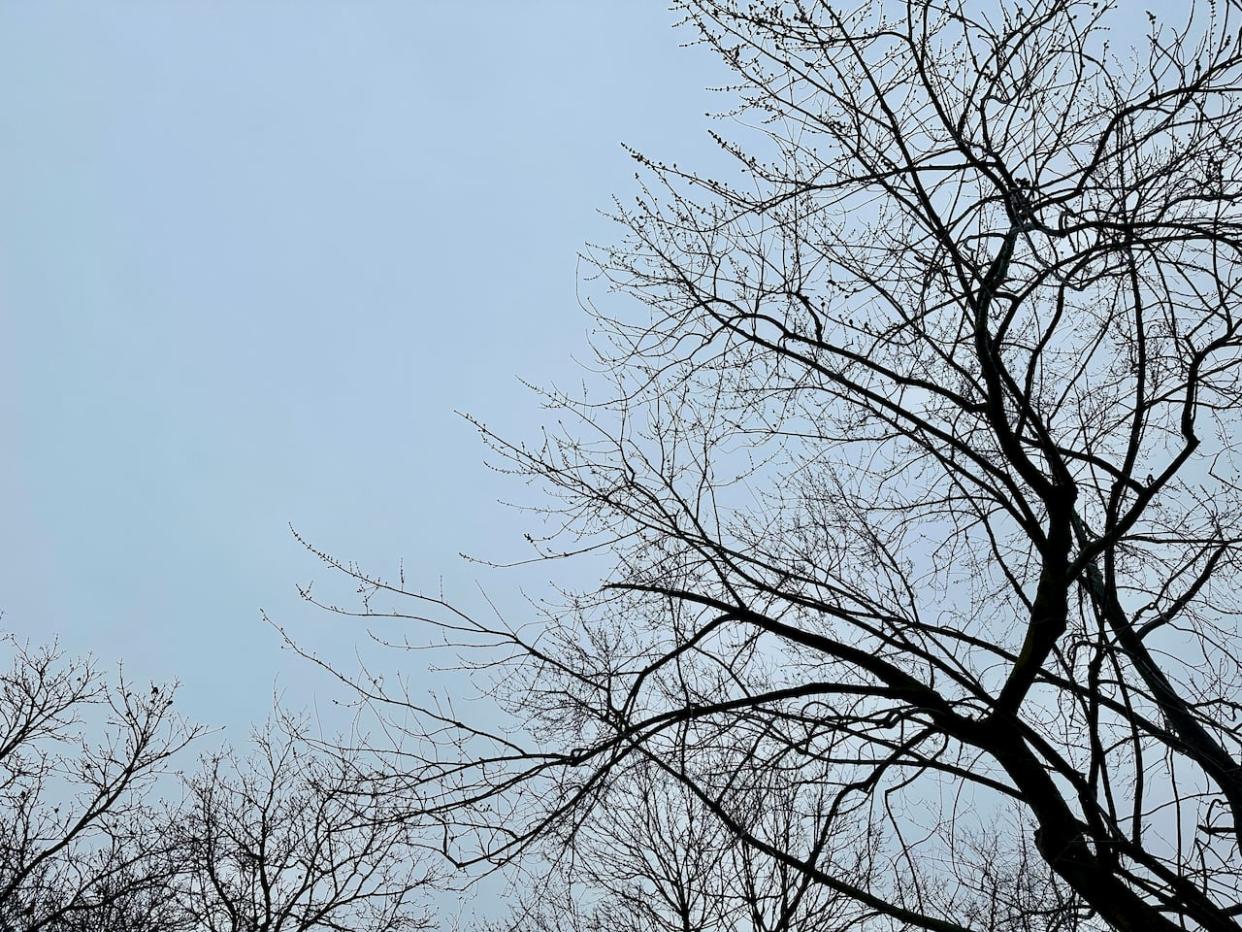
Did you feel like Windsor-Essex was particularly gloomy and depressing last month?
It may have had something to do with the fact that our region received a total of 41 hours of sunlight for the entire month.
That's the fifth-lowest amount of sun that Windsor-Essex has seen during January since 1978.
"A number of locations right across Southern Ontario experienced these same rather cloudy, gloomy conditions for the month of January," noted Geoff Coulson, a senior meteorologist with Environment and Climate Change Canada.
Meteorologists measure cloud cover in "oktas" — or eighths of the sky. An hour of sunlight is defined as 60 minutes with less than five "oktas" of cloud cover, between 7 a.m. and 5 p.m.
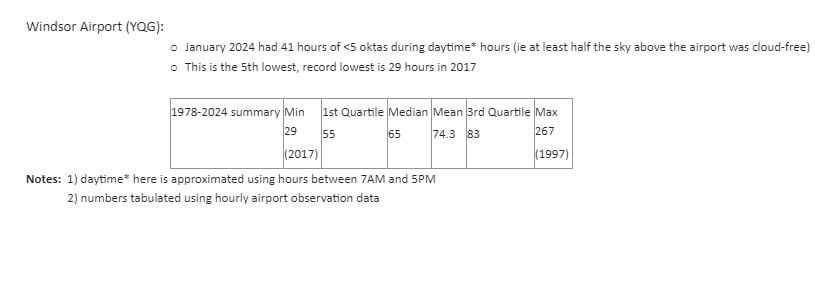
Sunlight data from Environment and Climate Change Canada's monitoring station at Windsor airport during the month of January 2024. (Environment Canada and Climate Change)
The lowest amount of sunlight the Windsor-Essex region has had on record during January was 29 hours in January 2017.
ECCC's monitoring station at the Windsor airport usually records 65 hours of sunlight for January.
However, 65 hours is the median figure. Windsor's mean figure (mathematical average) for January is 74.3 hours.
That's because of a wild statistical outlier in January 1997, when Windsor's monitoring station recorded a whopping 267 hours of sunlight.
But January 1997 in Windsor also had more than two weeks of temperature lows colder than -10 C. "In the winter, we tend to pay for sunshine with those cold Arctic air masses," Coulson explained.
If you're still lamenting Windsor's winters, consider that Waterloo residents recently experienced their own outlier January, in the opposite direction: Their region received just 17 hours of sun during all of January — a record-breaking level of gloom for Kitchener-Waterloo.
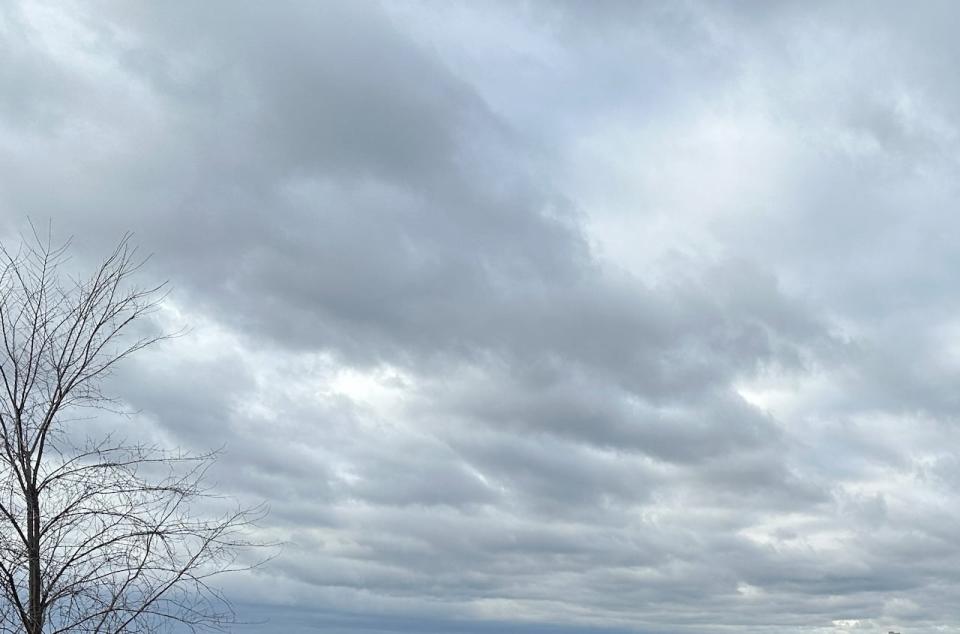
An overcast day in Windsor on Jan. 10, 2024. (Dalson Chen/CBC)
Concerns about adequate sunlight shouldn't be dismissed as mere whinging. The Canadian Mental Health Association (CMHA) recognizes that lack of daily sunlight can have a significant impact on mental health.
"It really can have a clinical effect on people who are living in places that have less sun," said Margaret Eaton, national CEO of the CMHA.
"About 30 to 40 per cent of Canadians actually say that during this time of year, when they feel stuck inside and they're not getting sun, their mood is really affected."
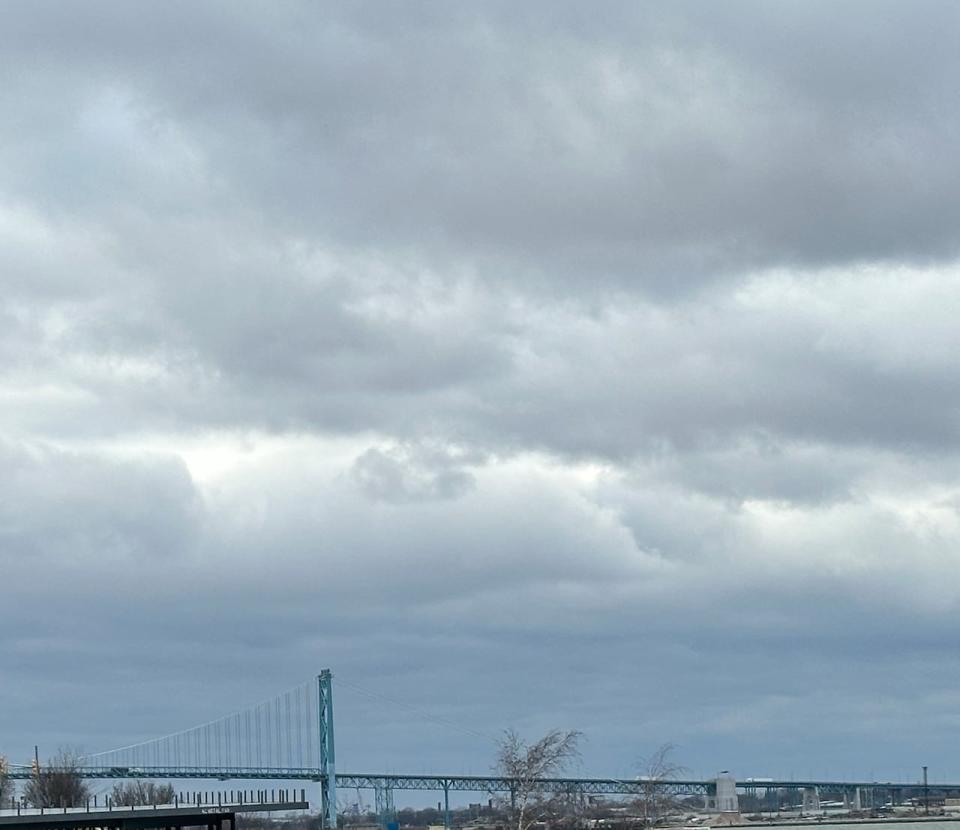
An overcast day in Windsor on Jan. 10, 2024. (Dalson Chen/CBC)
Vitamin D supplementation, regular exercise and time outdoors are tried and true methods recommended by CMHA to mitigate the mental toll of Canadian winters.
But Eaton noted there are some cases — around two or three per cent of the population — that can be diagnosed as Seasonal Affective Disorder (SAD).
A form of clinical depression, SAD may require more serious intervention such as cognitive behavioural therapy and light box therapy.
"(SAD) is not that common," Eaton said. "It's more common for people to have what we would call the 'winter blues.'"
Dr. Mohsan Beg, a clinical psychologist who's responsible for the Student Counselling Centre at the University of Windsor, said people suffering from the 'winter blues' is something he's seen "a million times, especially in January."
Despite such regularity of such complaints, Beg said Windsorites still don't seem accustomed to the phenomenon. "We're not like Vancouver, where people are used to it... We don't really have prepared coping strategies."
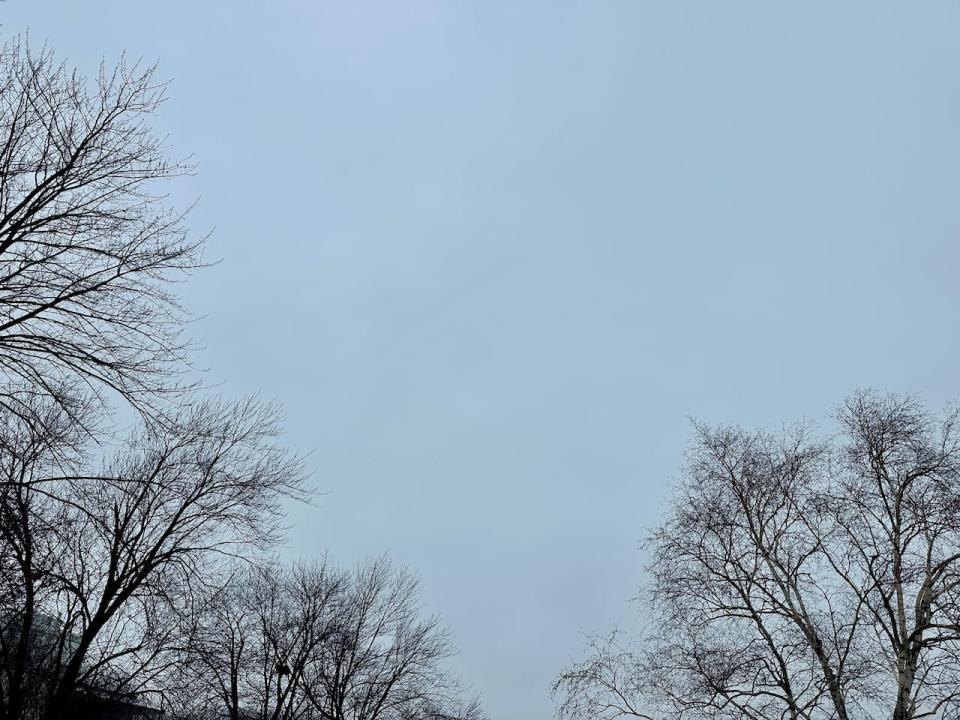
An overcast day in Windsor on Jan. 23, 2024. (Dalson Chen/CBC)
And when sunlight and warmth returns to Windsor-Essex — as it has during the first week of February — the significance is obvious, Beg said. "You can see it in people. They're smiling a bit more. You see more people outside."
But be advised: Windsor's weather forecast after Thursday holds more cloud cover, precipitation, and temperatures dropping to values more typical of the season.
"I really hope folks got a chance to enjoy the sunshine over the last few days, because now we're seeing another shift in the weather pattern going forward," Coulson said.
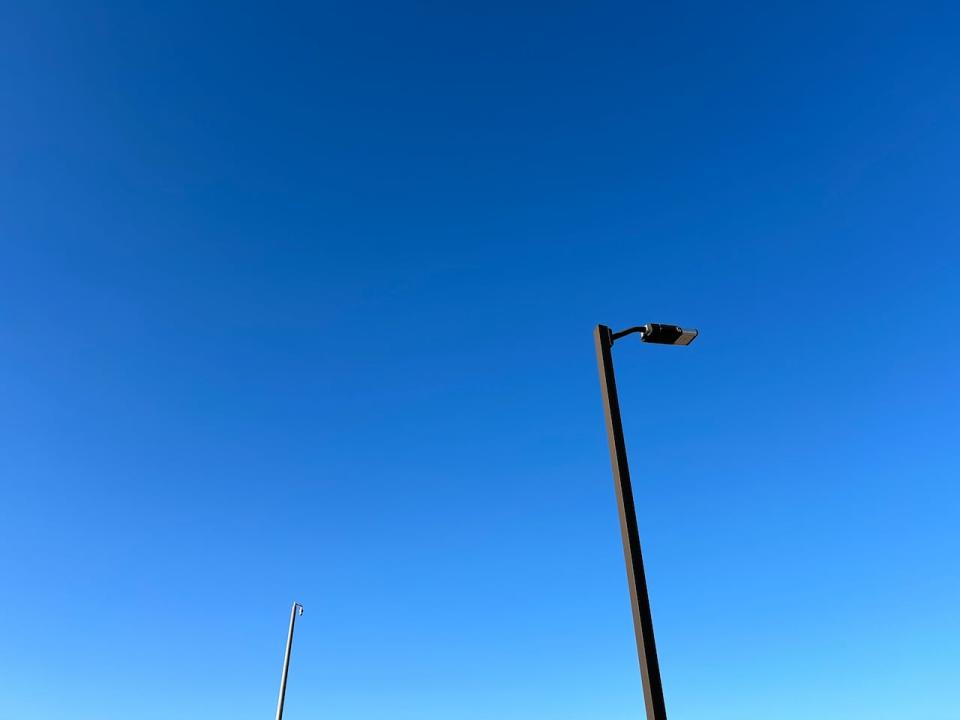
A clear blue sky in Windsor on Feb. 4, 2024. (Dalson Chen/CBC)


